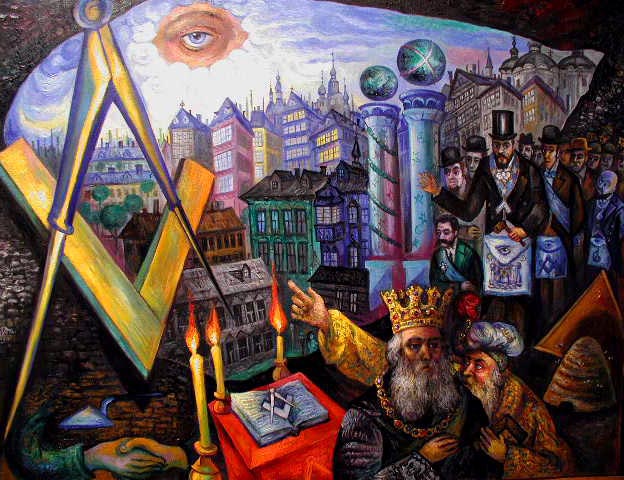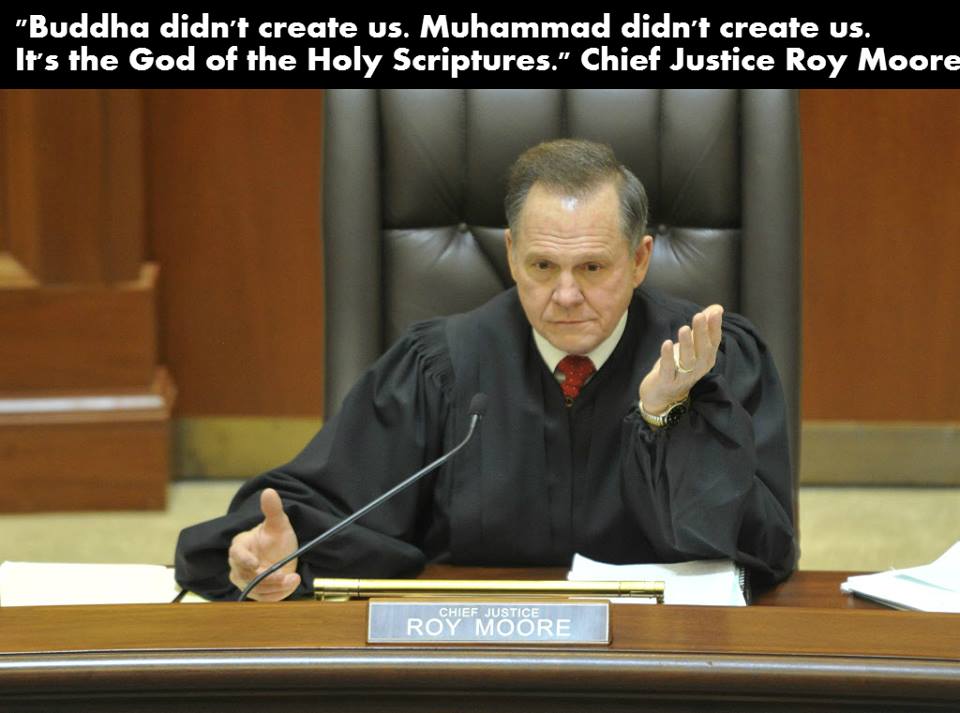The Egyptian Priests related that Hermes, dying, said: “Hitherto I have lived an exile from my true country: now I return thither. Do not weep for me: I return to that celestial country whither each goes in his turn. There is God. This life is but a
p. 365
death.” This is precisely the creed of the old Buddhists of Samaneans, who believed that from time to time God sent Buddhas on earth, to reform men, to wean them from their vices, and lead them back into the paths of virtue.
Among the sciences taught by Hermes, there were secrets which he communicated to the Initiates only upon condition that they should bind themselves, by a terrible oath, never to divulge them, except to those who, after long trial, should be found worthy to succeed them. The Kings even prohibited the revelation of them on pain of death. This secret was styled the Sacerdotal Art, and included alchemy, astrology, magism [magic], the science of spirits, etc. He gave them the key to the Hieroglyphics of all these secret sciences, which were regarded as sacred, and kept concealed in the most secret places of the Temple.
The great secrecy observed by the initiated Priests, for many years, and the lofty sciences which they professed, caused them to be honored and respected throughout all Egypt, which was regarded by other nations as the college, the sanctuary, of the sciences and arts. The mystery which surrounded them strongly excited curiosity. Orpheus metamorphosed himself, so to say, into an Egyptian. He was initiated into Theology and Physics. And he so completely made the ideas and reasonings of his teachers his own, that his Hymns rather bespeak an Egyptian Priest than a Grecian Poet: and the was the first who carried into Greece the Egyptian fables.
Pythagoras, ever thirsty for learning, consented even to be circumcised, in order to become one of the Initiates: and the occult sciences were revealed to him in the innermost part of the sanctuary.
The Initiates in a particular science, having been instructed by fables, enigmas, allegories, and hieroglyphics, wrote mysteriously whenever in their works they touched the subject of the Mysteries, and continued to conceal science under a veil of fictions.
When the destruction by Cambyses of many cities, and the ruin of nearly all Egypt, in the year 528 before our era, dispersed most of the Priests into Greece and elsewhere, they bore with them their sciences, which they continued to teach enigmatically, that is to say, ever enveloped in the obscurities of fables and hieroglyphics; to the end that the vulgar herd, seeing, might see nothing, and hearing, might comprehend nothing. All the writers
p. 366
drew from this source: but these Mysteries, concealed under so many unexplained envelopes, ended in giving birth to a swarm of absurdities, which, from Greece, spread over the whole earth.
In the Grecian Mysteries, as established by Pythagoras, there were three Degrees. A preparation of five years’ abstinence and silence was required. If the candidate was found to be passionate or intemperate, contentious, or ambitious of worldly honors and distinctions, he was rejected.
In his lectures, Pythagoras taught the mathematics, as a medium whereby to prove the existence of God from observation and by means of reason; grammar, rhetoric, and logic, to cultivate and improve that reason, arithmetic, because he conceived that the ultimate benefit of man consisted in the science of numbers, and geometry, music, and astronomy, because he conceived that man is indebted to them for a knowledge of what is really good and useful.
He taught the true method of obtaining a knowledge of the Divine laws of purifying the soul from its imperfections, of searching for truth, and of practising virtue; thus imitating the perfections of God. He thought his system vain, if it did not contribute to expel vice and introduce virtue into the mind. He taught that the two most excellent things were, to speak the truth, and to render benefits to one another. Particularly he inculcated Silence, Temperance, Fortitude, Prudence, and Justice. He taught the immortality of the soul, the Omnipotence of God, and the necessity of personal holiness to qualify a man for admission into the Society of the Gods.

Moe is the founder of GnosticWarrior.com. He is a father, husband, author, martial arts black belt, and an expert in Gnosticism, the occult, and esotericism.





